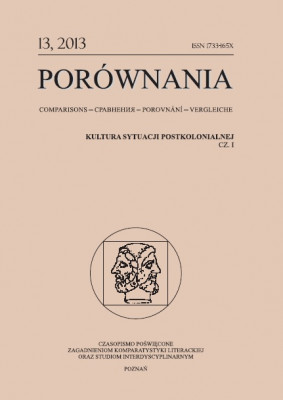Colonialism in Another Way. On the Applicability of Postcolonial Methodology for the Study of Postcommunist Europe
The paper defends the usefulness of the postcolonial approach to the study of various processes in the postcommunist countries that belonged, for decades, to the inner and outer parts of the Soviet empire. The paper shows, in particular, how some developments in post-Soviet Ukraine can be better understood in the context of Russo-Soviet internal colonialism, and how Ukraine’s thoroughgoing ambivalence and conspicuous regionalism result historically from different types of colonization of different regions. The paper insists, nonetheless, on a clear recognition of intrinsic limitations of the postcolonial approach, determined primarily by the absence of the racist component in Soviet imperialism – the component that is crucial for the classical (post)colonial situation and that makes it profoundly different from the Soviet one in terms of the complete exclusion / potential inclusion of subjugated peoples. In sum, all the usefulness of postcolonial theorizing for the analysis of the postcommunist world should not inhibit researchers from the recognition of its only partial and very conditional applicability, and of the need for due reservations, selfreflection and self-restrain.
| Article Title | Type | Size |
|---|---|---|
| MYKOLA RIABCZUK | [pdf] | [222 KB] |
